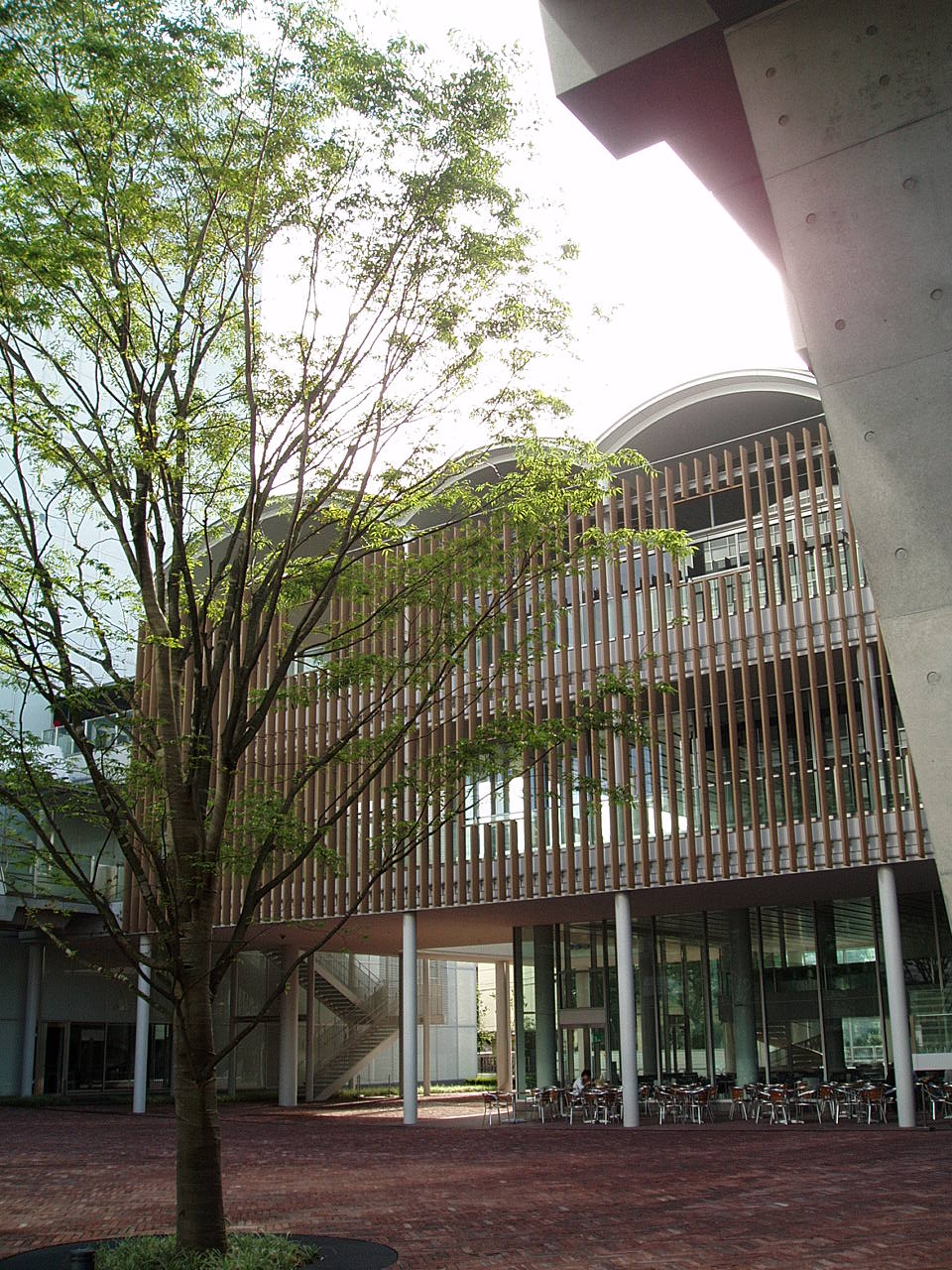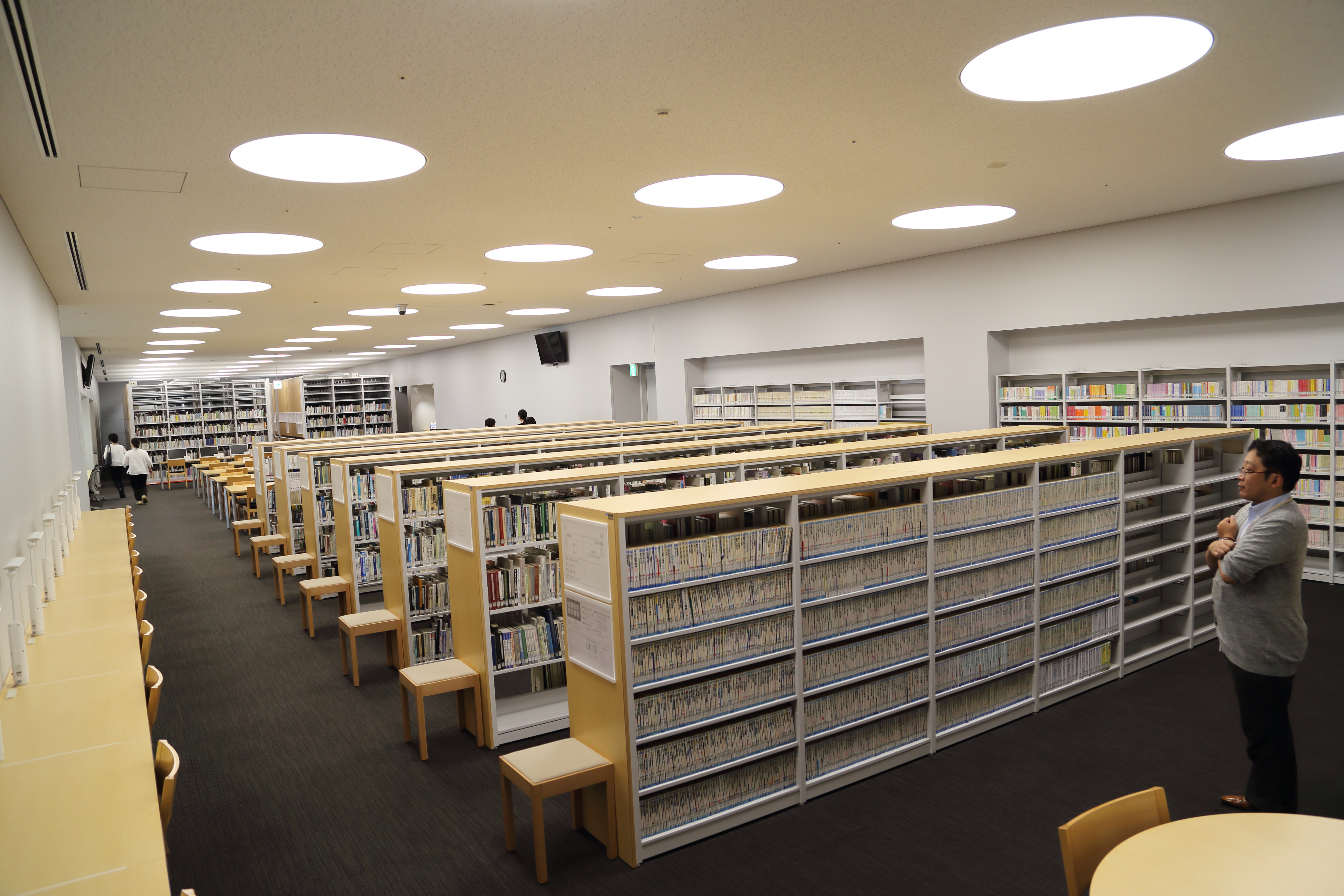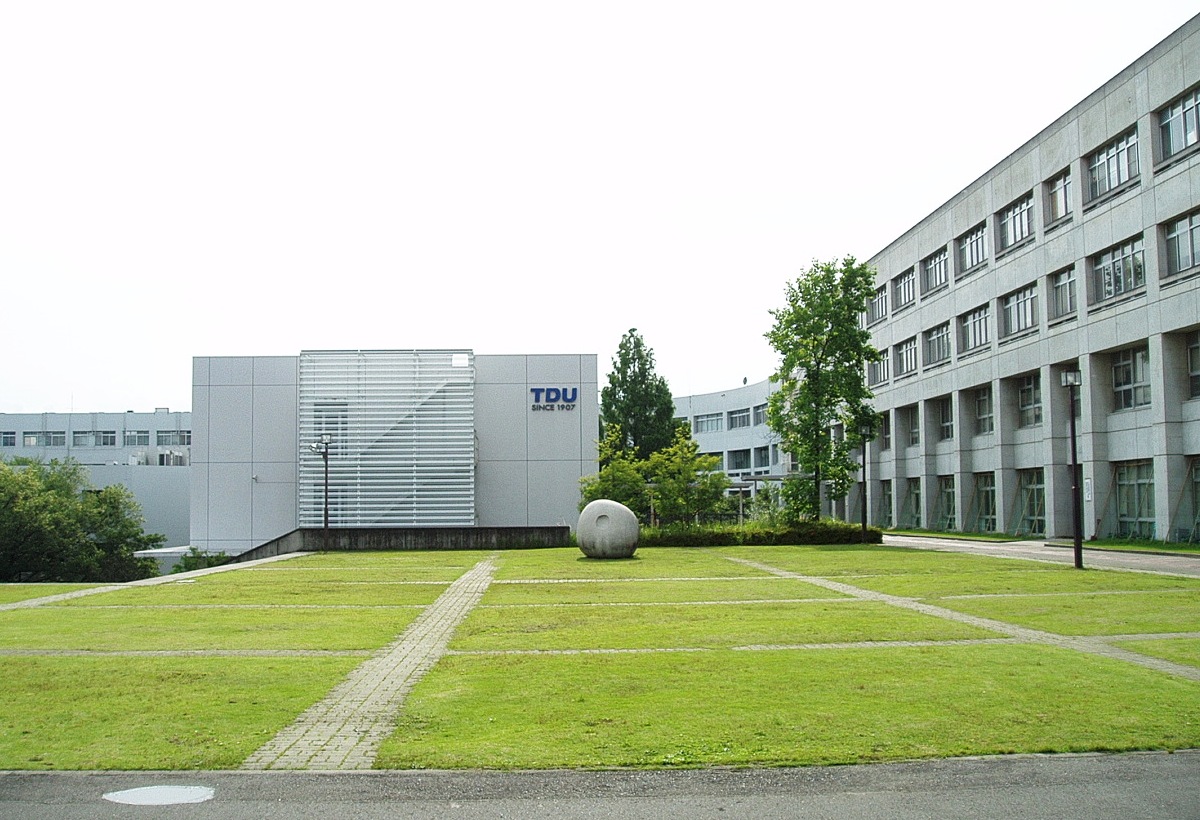Thinking about studying engineering, computing, or architecture in Tokyo? Tokyo Denki University (TDU) is a practical, industry-connected private university with three campuses across the Tokyo area and a long history of hands-on education. This guide gives you a concise, link-verified overview—what the university stands for, where it excels, how international students live and thrive, and how to get started with applications. All external links open in a new tab and point to official or reputable sources so you can keep exploring with confidence.








Quick-Facts Table
| Type (National/Public/Private) | Private |
| Total Students | ≈10,300 (University + Graduate Schools). Official “Data” page |
| Campuses | Tokyo Senju (Main), Saitama Hatoyama. Organization & Campus Locations |
| Faculties/Schools | School of Engineering; School of Science and Engineering; School of System Design and Technology; School of Science and Technology for Future Life; plus Graduate Schools (Engineering; Science & Engineering; System Design & Technology; Science & Technology for Future Life; Advanced Science & Technology). Undergraduate Schools (EN) |
| 수업료 | Undergraduate: see official fee tables (JP) Tuition (Undergraduate) / Graduate: see official fee tables (JP) Tuition (Graduate) / Doctoral guide (EN; includes fee examples): PDF |
| Gender Ratio | STEM-heavy; historically male-majority intake (varies by school/year). See latest counts on the Data page. |
| International-Student % | Fluctuates year-to-year; check current totals on the Data page. |
| Students per Staff | Varies by faculty; see staffing and enrollment on the Data page. |
| Global Rankings (reference) | Times Higher Education profile |
Campus Maps
Tokyo Senju Campus (Main, Tokyo)
Address: 5 Senju Asahi-cho, Adachi-ku, Tokyo 120-8551, Japan
Saitama Hatoyama Campus (Saitama)
Address: Ishizaka, Hatoyama-machi, Hiki-gun, Saitama 350-0394, Japan
Mission, History & Founding Story
Founded in 1907 as Denki School in Tokyo’s Kanda district, Tokyo Denki University has grown from a night-school for aspiring engineers into a comprehensive private university dedicated to practical science. TDU’s founding ideals emphasize “Respect for Practical Study” and “Students First,” aiming to train professionals who contribute to society through technology. Over more than a century, the university has added multiple schools, research centers, and graduate programs while keeping a strong connection to industry and the communities it serves. For a concise summary of the founding spirit and current educational philosophy, see the official English page. Founding Spirit & Fundamental Ideal (EN), History (EN)
As of May 1, 2024, TDU enrolls roughly ten thousand students across undergraduate and graduate programs (see the “Data” page for the latest snapshot). The Tokyo Senju Campus anchors most administrative and many academic units; the Saitama Hatoyama Campus hosts several science and engineering departments; and the Chiba New Town Campus adds research and extension activities. TDU is institutionally accredited (JUAA; valid to March 31, 2031). Data (EN) / Organization & Campus Locations (EN)
Key Strengths & Unique Features
Robotics & Mechatronics (flagship)
TDU is well known for hands-on robotics and mechatronics education and labs. A high-visibility example is the Cooperative Robotics Laboratory, which studies robot intelligence that can “read the room” and coordinate with humans—an applied AI angle with strong industry relevance. Cooperative Robotics Lab (EN), highlighted also on TDU’s research feature page. TDU Power of Research (EN)
Department examples
School of Science and Technology for Future Life — Robotics & Mechatronics (project-based learning, competitions such as IDC Robocon). IDC Robocon overview (dept site, JP) / IDC 2024 daily reports (JP)
Industry-aligned engineering and labs
Across schools, coursework emphasizes practical design, prototyping, and collaboration. Lab pages and program outlines show strong coverage in electrical/electronic engineering, mechanical systems, applied chemistry, information systems, and architecture. See the English overview of undergraduate schools for structure and majors. Undergraduate Schools (EN)
Location & commuting convenience
Tokyo Senju (main campus) is a one-minute walk from Kita-Senju Station, a major hub connecting JR Joban/Ueno-Tokyo lines and two Tokyo Metro lines. This makes internships, part-time work, and city life logistics substantially easier. Access (EN)
Graduate pathways, including an international doctoral option
TDU offers multiple graduate schools and an International Program (Doctoral Course) designed for students abroad, with published English guidelines and contacts via the International Center. International Doctoral Program (EN) / Entrance Examination Guide (PDF)
Student Life for Internationals
Clubs & circles that welcome overseas students
TDU has dozens of student groups across campuses. Browse the student-run directory for current lists and entry info, and the university’s clubs overview page. Examples include the long-running TDU Ham Radio Club (JA1YAQ), which maintains an English info page. Student group directory (JP) / Clubs & Circles (JP) / Ham Radio Club (EN)
Dedicated support: visa, housing, counseling, and events
The International Center and Global Communication pages outline support for academic life, language learning, social events, and day-to-day questions. You’ll also find contact information to reach staff directly. Global Communication (EN) / Undergraduate admissions (EN) / Graduate admissions (EN)
Language-exchange and buddy-style activities
TDU regularly publicizes student meetups, study lounges, and intercultural events via the International Center and Global Communication. When you arrive, check these pages and on-campus boards for current volunteer buddies and peer-learning opportunities. Global Communication (EN)
Partner Institutions & Exchange Options (Outbound)
TDU’s outbound options change over time, but you can get a feel for partnerships by looking at recent activities and third-party mentions. For instance, a 2025 report from California State University Long Beach describes a joint coding and culture workshop hosted at TDU’s Senju campus. Also, the University of Hawaiʻi at Hilo lists Tokyo Denki University among its exchange partners. Always confirm the latest offerings through TDU’s International Center. CSULB news (2025) / UH Hilo partner list / TDU Global Communication (EN)
Local Climate & Lifestyle
Weather patterns (Tokyo)
Tokyo has four seasons with warm, humid summers and mild winters. Typical January daytime highs are around 9–10°C and nighttime lows 1–3°C; August highs often reach 31–33°C with warm nights around 24–26°C. For month-by-month data, see the Japan Meteorological Agency’s Tokyo station pages. JMA Monthly (Tokyo, EN) / JMA ClimatView
Safety, cost of living, and everyday conveniences
Kita-Senju is a major transport node with supermarkets, budget eateries, and quick links across Tokyo. The station-side location minimizes commute stress for internships and part-time jobs. For addresses, trains, and walking times, use the official access guide. Access (EN)
International Student Statistics
International enrollment varies annually by program. For the most recent counts (including breakdowns by level and school), refer to the university’s official “Data” page in English. Data (EN)
Career & Graduate Prospects
TDU reports strong employment outcomes supported by on-campus career services and alumni networks. Recent university figures show a job-offer rate around 99% for graduating cohorts, with offers across manufacturing, transportation, construction, energy, IT, and healthcare technology. For year-by-year details and employer lists, see the official career outcomes page. (Japanese page; charts and company names are clear.) Career outcomes (JP)
Admissions & Next Steps
Start with the English admissions pages (eligibility, timeline, document checklists), then contact the International Center for questions about tuition, scholarships, or supervisor availability (for graduate/doctoral study). Undergraduate admissions (EN) / Graduate admissions (EN) / International Doctoral Program (EN)
Note: All links were last verified on August 10, 2025 (JST). University content: English where available; otherwise Japanese pages are cited when they are the authoritative source. Rankings links (THE/others) are for reference only and may change annually.

